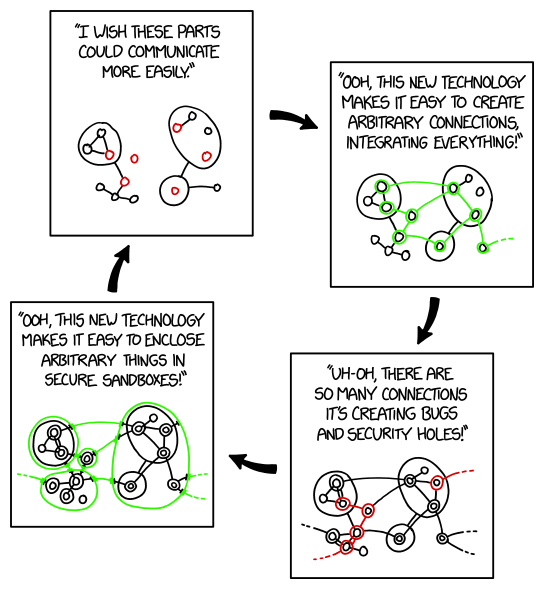The EU Scream podcast recently had a nice episode on this topic: EU Scream - Ep.118: Putting Guardrails on Playing God
The recent European heatwave killed some 2,300 people with more than half of deaths attributable to human-caused climate change. But what if temperatures can be lowered using technology? It's a highly charged question. One of the ideas out there is to create a parasol of particles around the earth to reflect sunlight back into space.
Cooling the planet this way is known as solar geoengineering. Many Europeans reject geoengineering outright. They say nobody should be playing God with the climate. Yet exploration of geoengineering, backed by private investors, looks to be zooming ahead. Unregulated. But in anticipation of strong future demand in a world where temperature rises are on course to reach nearly 3 degrees this century. That's way above the 1.5 degree target concluded a decade ago under the Paris climate agreement.
In this episode: a conversation with Cynthia Scharf. Cynthia participated in the Paris climate negotiations as an aide to former UN Secretary-General Ban Ki-moon, and she's now with the Brussels-based think-tank, the Center for Future Generations. She is not giving up on the Paris deal from a decade ago. Far from it.
Efforts to drastically cut emissions are essential. But Cynthia also says the time has come to consider the implications of what she calls technologies of desperation like dimming the sun with solar geoengineering. And time for the Europe to take a leadership role to determine if the technology can ever be safe and viable — or if it's just too dangerous even to try.
China’s preference for state secrecy makes it unsuitable for such a role, while the US, under Trump, has walked out on climate action and collective security. That leaves the Europe Union well placed to pick up the mantle of responsibility and to try to put up international guardrails against careless or malign use of geoengineering.
Opening up discussion of geoengineering could also help to quell conspiracy theories linked to the technology, like the idea that contrails from aircraft are chemtrails for mind control. Less clearcut is how the EU can promote international governance of solar geoengineering in an era when multilateralism has hit the rocks and anti-science forces are on the rise.




There are no left-wing conservatives.
Conservatism is a human extinction comorbidity now.